As we get through another turbulent year, it’s important to look back on our performance so we can improve and avoid replicating mistakes.
But you need to do more than that; you should monitor your progress throughout the year with regular reviews to see if you’re on track with effective in-year accounting.
In-year vs end of year accounting
At this time of year – the final few months of the tax year ending 5 April 2023 – you’ll see a lot of talk about ‘year-end accounts’ and how to prepare them.
Limited companies, partnerships and sole traders are free to pick whatever year-end they like – the latter two don’t even have to produce annual accounts at all, but it’s in their interest to do so.
Some business owners pick a calendar year, but many pick the tax year (either 31 March or 5 April). Picking the tax year means you’ll base your liability on the latest finalised accounts and, therefore, as current as possible.
However, accounting is more than submitting your annual accounts at the year-end; a lot of businesses have a number of smaller ‘accounting periods’ within their main accounting year.
An accounting period may consist of weeks, months or quarters. A period lasting less than a year is known as in-year accounting. You can think of it as accounting you do throughout the year rather than at the very end.
Benefits of in-year accounting
Good in-year accounting practices are essential for any ambitious business, first by giving you the tools and data you need to make smarter decisions.
After all, with in-year accounting, you’ll unlock totally accurate and up-to-date information about your business’s finances and economic health. That’s especially useful in the era we find ourselves in, filled with risk and uncertainty since Brexit and the Covid-19 pandemic.
With real-time analysis, your finances will also be more closely aligned with your business operations. Your business strategy will always be armed with information, not estimates or assumptions.
Second, in-year accounting will give you a more balanced workload. That might seem counterintuitive – surely, it’s actually extra work. But actually, by executing your accounting tasks in smaller batches over the year, you’ll find your end-year accounting to be far simpler.
Spreading tasks out also means you have more time for in-depth, daily analysis of the latest data rather than a final set of accounts that are difficult to unpick.
Third, your own accounting and finance teams will thank you for letting them do in-year accounting – one of the most meaningful types of work an accountant can do. Not only does this reduce the chances of turnover, but it allows your team to focus on adding value to your organisation, rather than just reacting to problems and solving them.
Embrace technology
At Almar BSL, we fully embrace the benefits of cloud accounting software, which basically means ‘online accounting’, and fully recommend you use it in your business for your end– and in-year accounting needs.
By connecting your business to the cloud by uploading your financial information to it, you can generate your monthly and quarterly accounts simply and accurately, severely reducing the complexity of the task.
We love using this technology, offered by tech providers like QuickBooks, Sage, DEXT and Tripcatcher to help our clients who have purchased our accounting services.
That way, not only is all your financial data up to date and accurate, but visible to you to see, right from your phone.
Feel free to contact us to find out more about our in-year accounting services and the benefits of cloud accounting technology.







